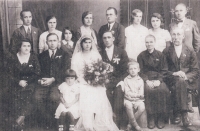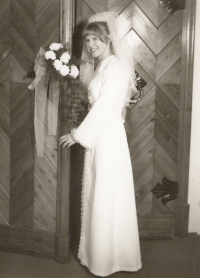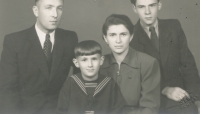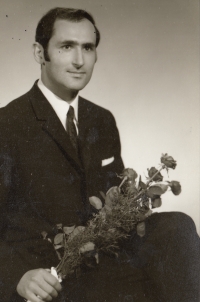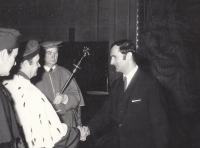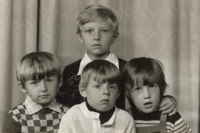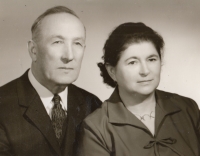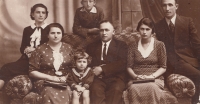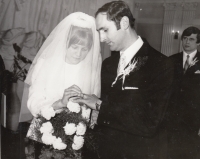It’s better to go to jail and have a clear conscience
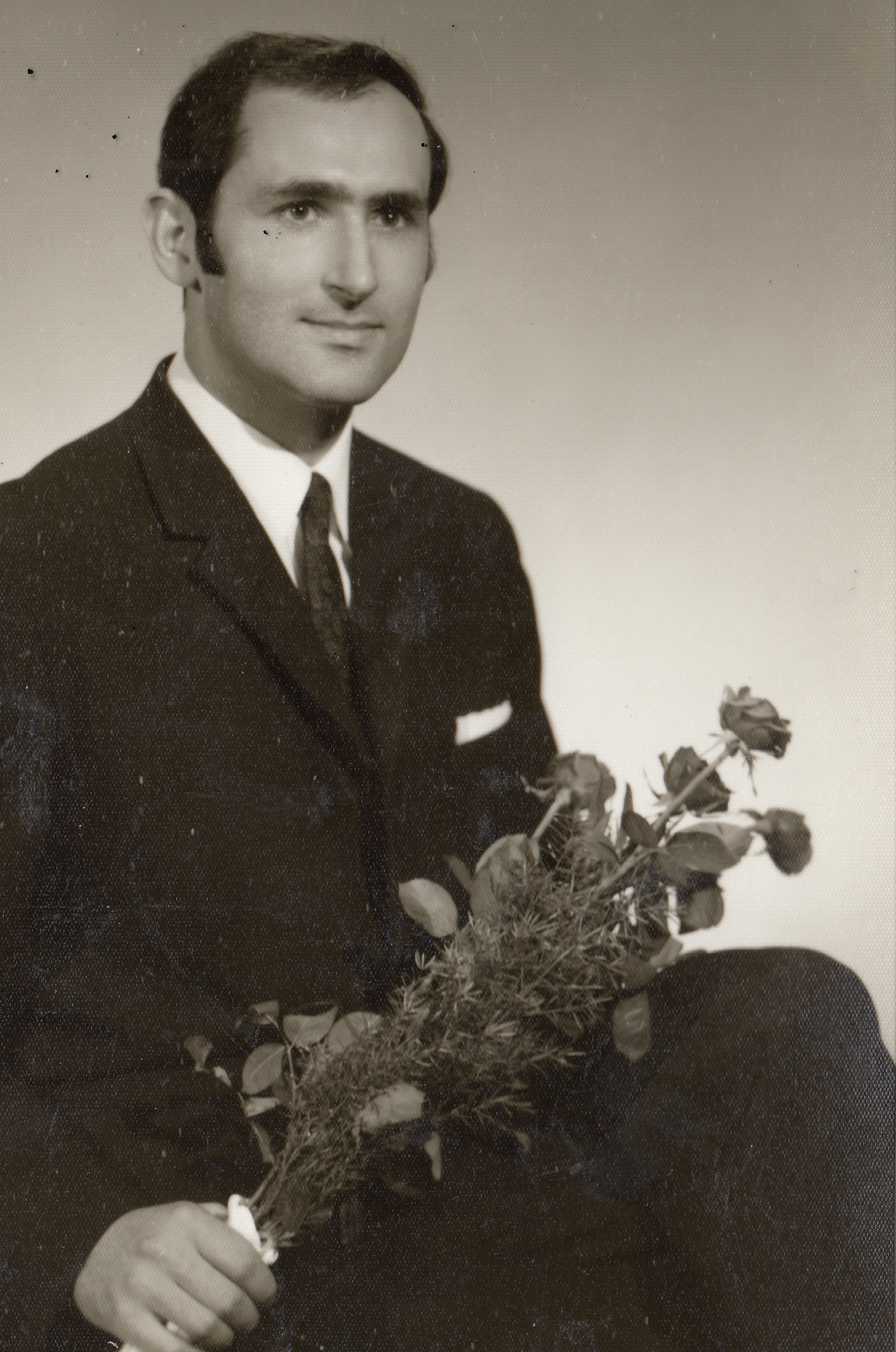
Download image
Jan Pospíšil was born on July 10, 1944 in Tarnów, Poland, the son of a Baptist preacher, Vilém Pospíšil. The family moved to Vikýřovice in the Šumperk region in the autumn of 1945, where Vilém Pospíšil continued his preaching work. In 1951, the communist regime began arresting Baptist leaders across the country - in one of the trials, Jan’s grandfather, the preacher Vilém Volanský, was also convicted. The regime later imprisoned Jan’s father as well. Both convictions fell under the section of indirect espionage. Because of his poor cadre profile, Jan, otherwise a straight-A student, had to repeat the final eighth grade of elementary school - they would not accept him to study anywhere. Jan Pospíšil first started an apprenticeship, then during the 1960s he completed his high school graduation exam at a secondary school for workers and thanks to a new report he was allowed to study at the Prague University of Economics on a company scholarship. The late 1960s found him as the newly elected secretary for work with Baptist youth. After Jan successfully graduated in 1971, he worked for ten years as an economic expert at Českomoravské eternitové závody and also at Velamos in Sobotín. Although he was promised a leadership position in return for his membership of the party, Jan refused. In 1981 he became a duly elected Baptist preacher - he worked in Brno for two years. When the secretary of the church then died, Jan Pospíšil only reluctantly nodded to take his place. With the new position came the interest of the State Security, which engaged Jan as an associate. Throughout his unwanted cooperation, Jan Pospíšil kept to strict rules - not to snitch on anyone and to say only what he could say to anyone else. In 1969 he took part in commemorations and demonstrations for the death of Jan Palach. Twenty years later, he also experienced “Palachiada”, after which, exasperated by the times and the long interest of the State Security, he told his interrogators frankly what he thought of them and the whole communist establishment. Although he was also threatened with the death of his children, he no longer backed down from his convictions. After the Velvet Revolution, he resigned as secretary and served as a Baptist preacher for the next fourteen years. At the time of the interview, he lived with his wife Jiřina in Rapotín.
